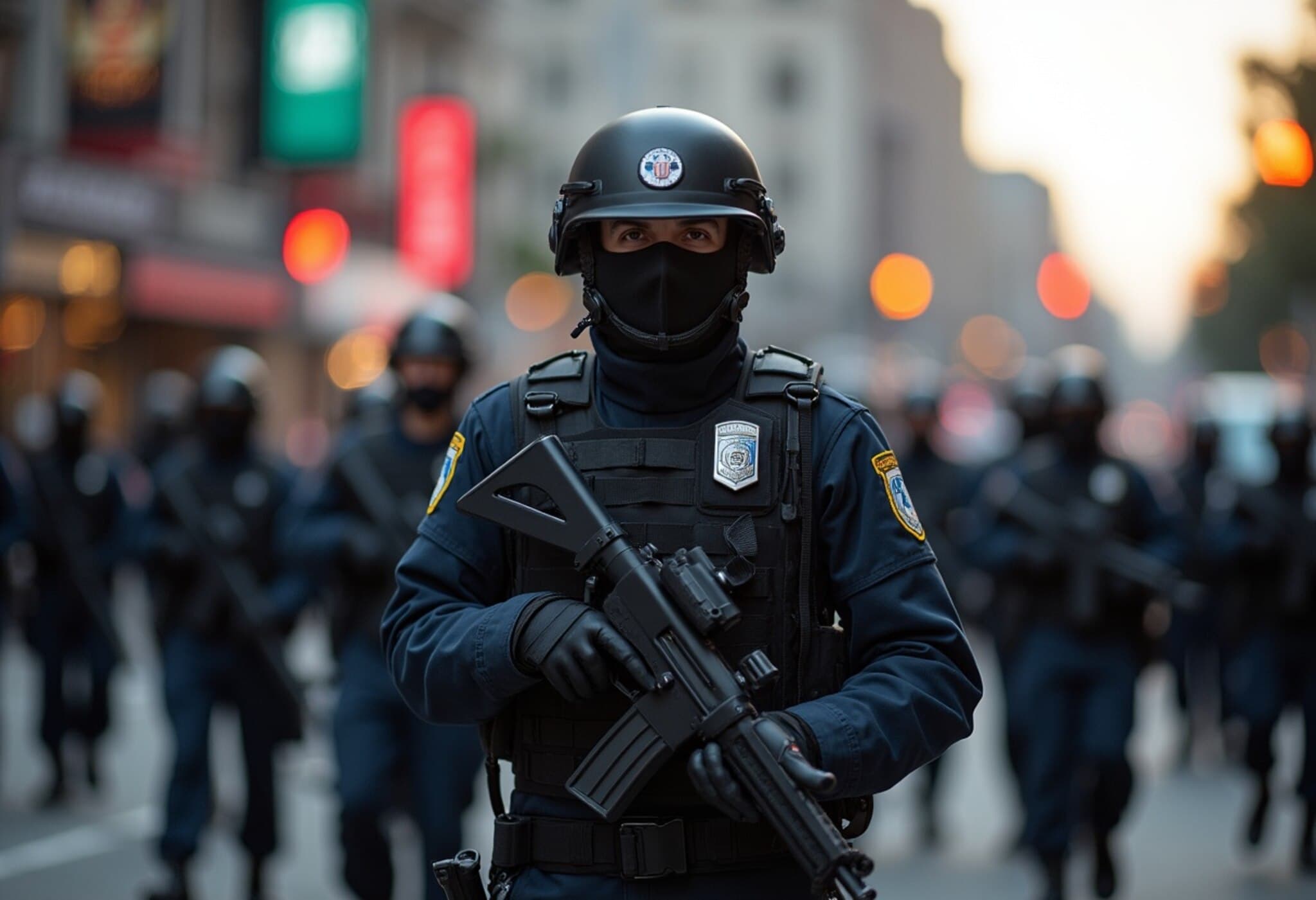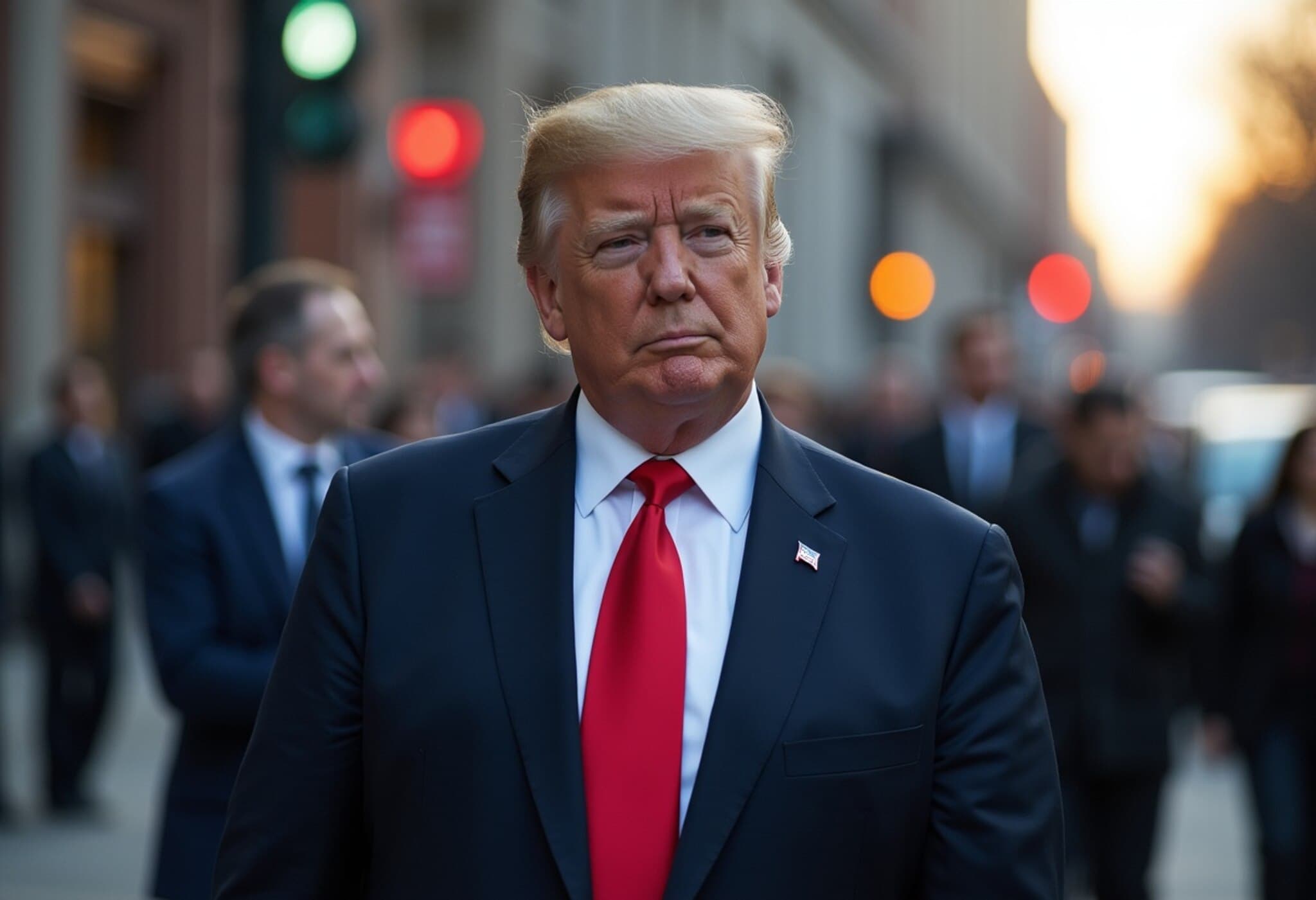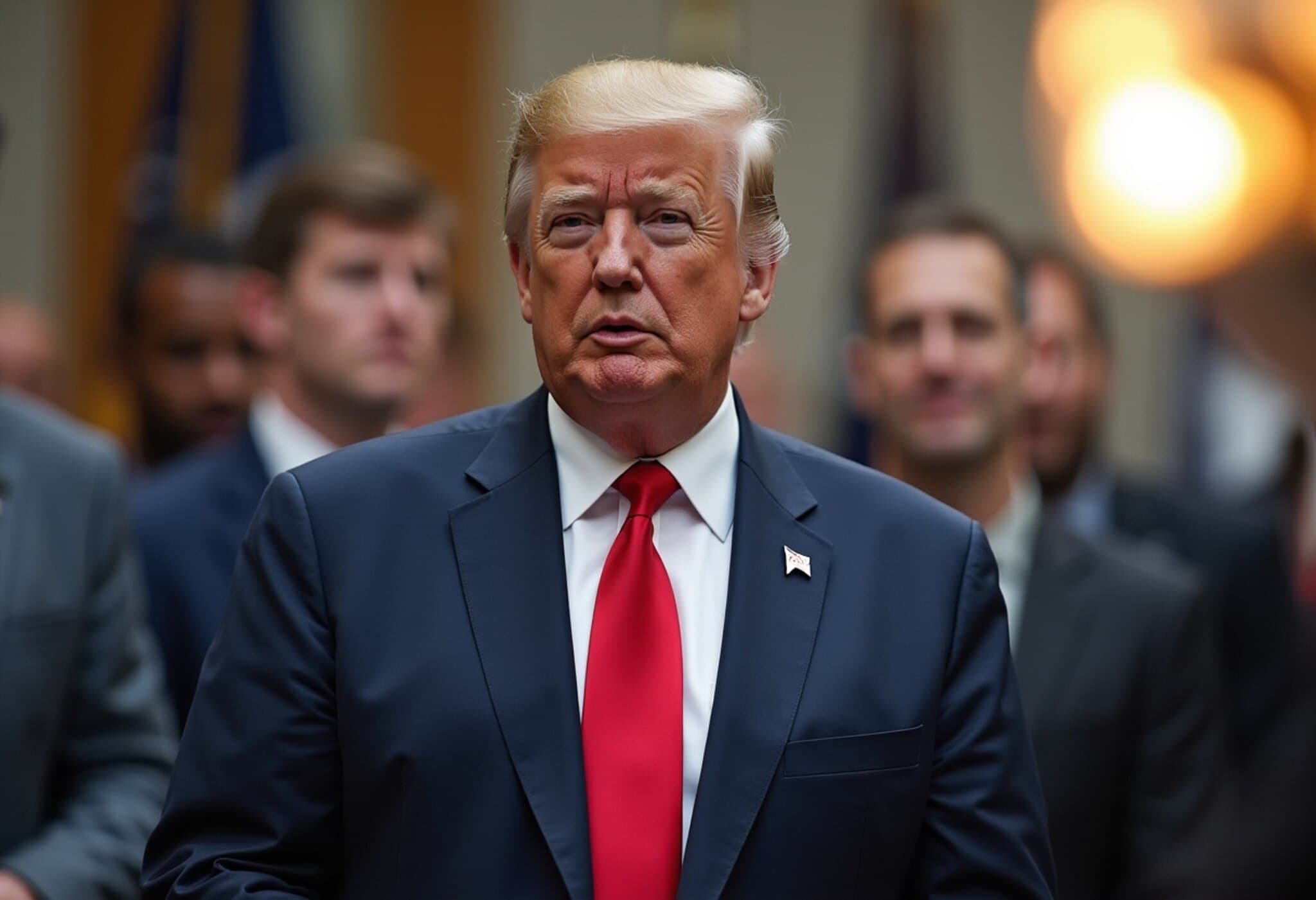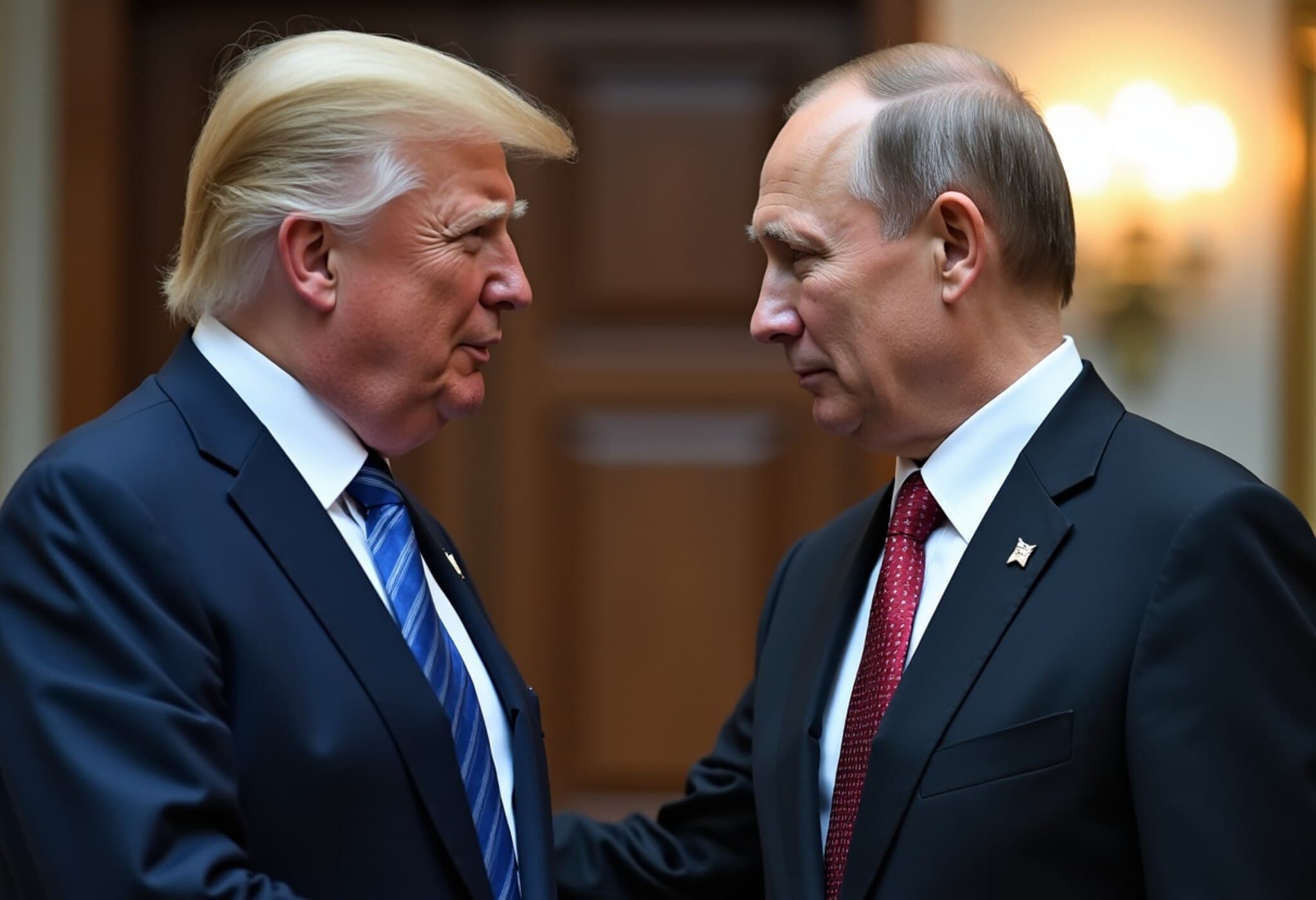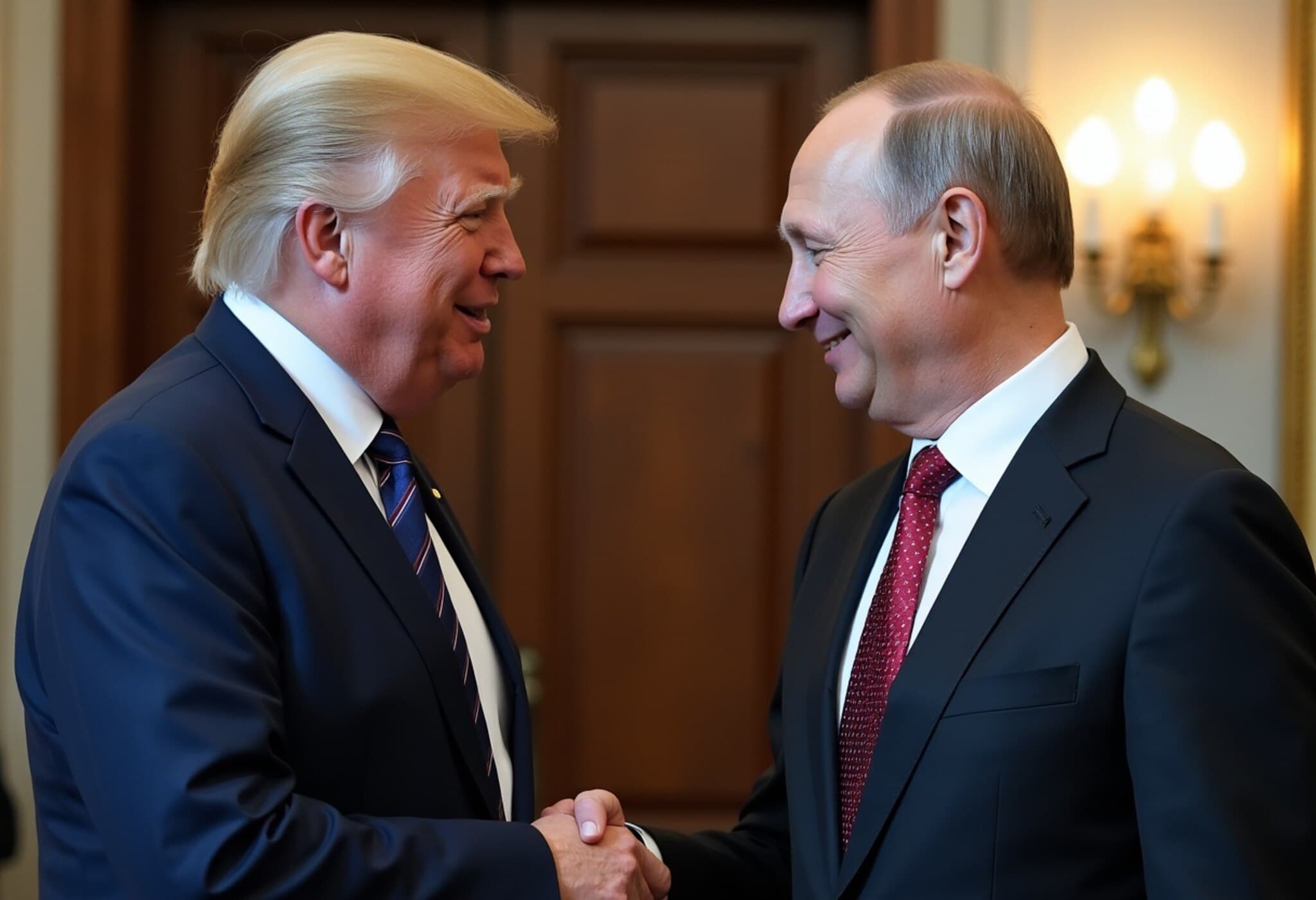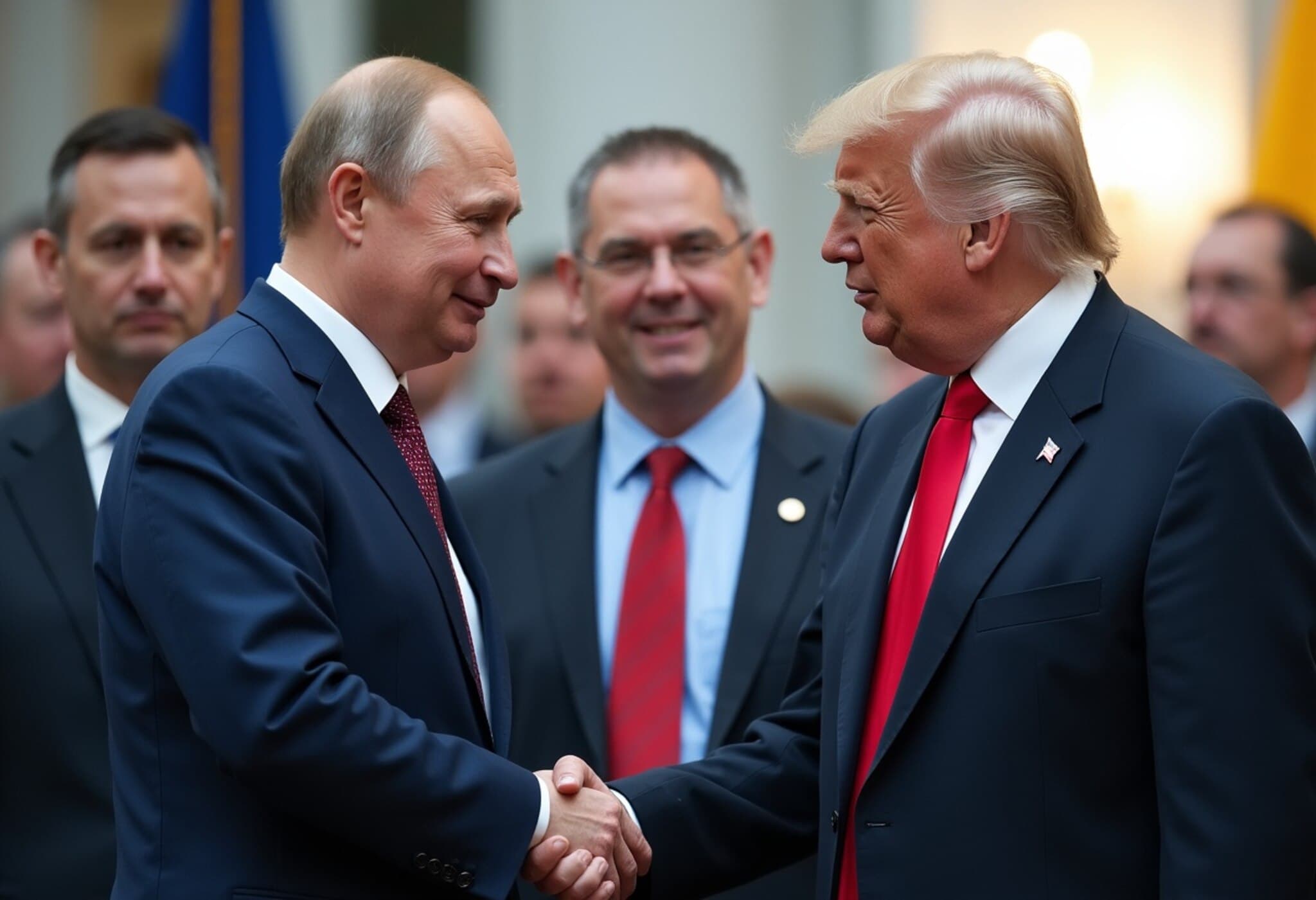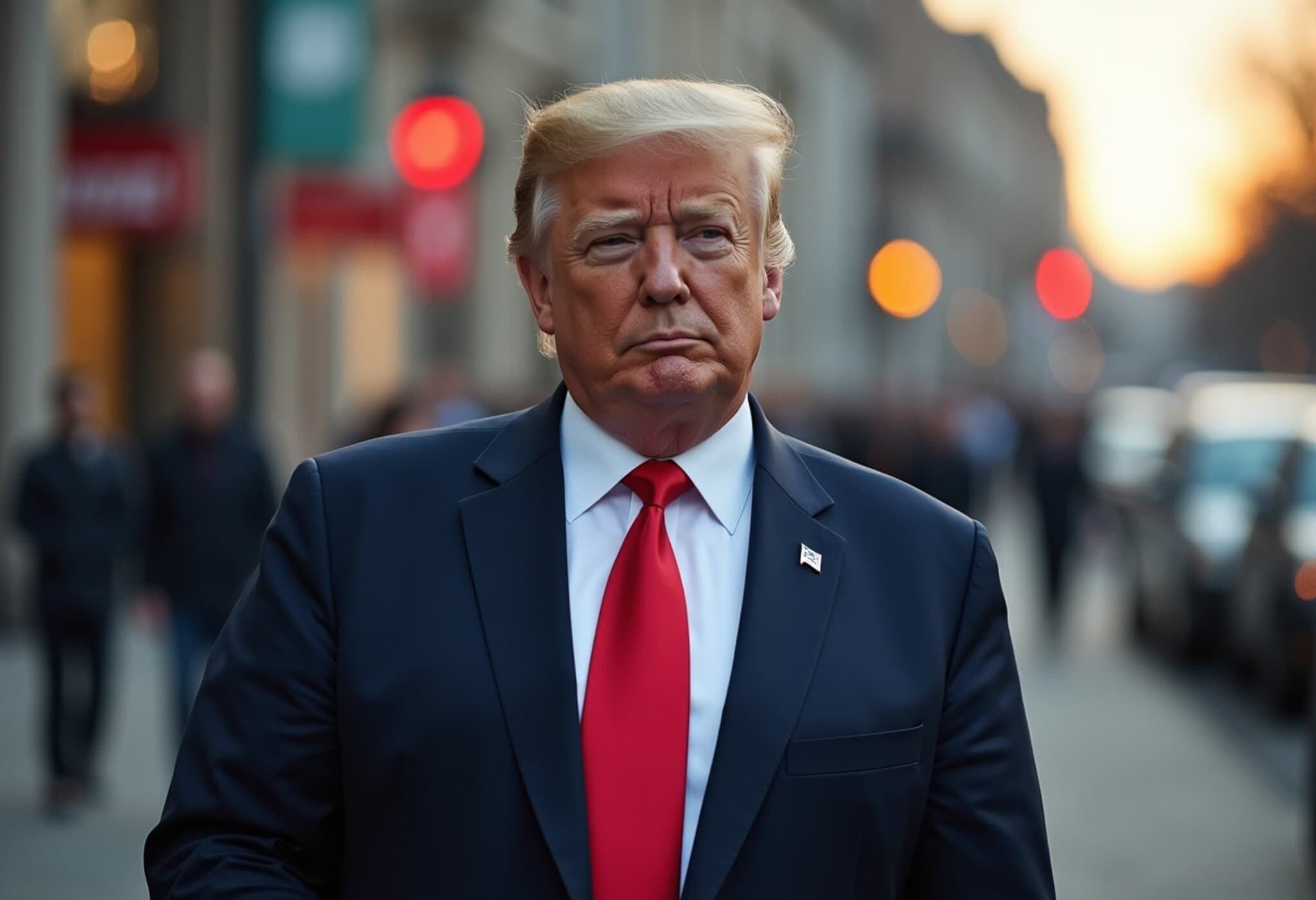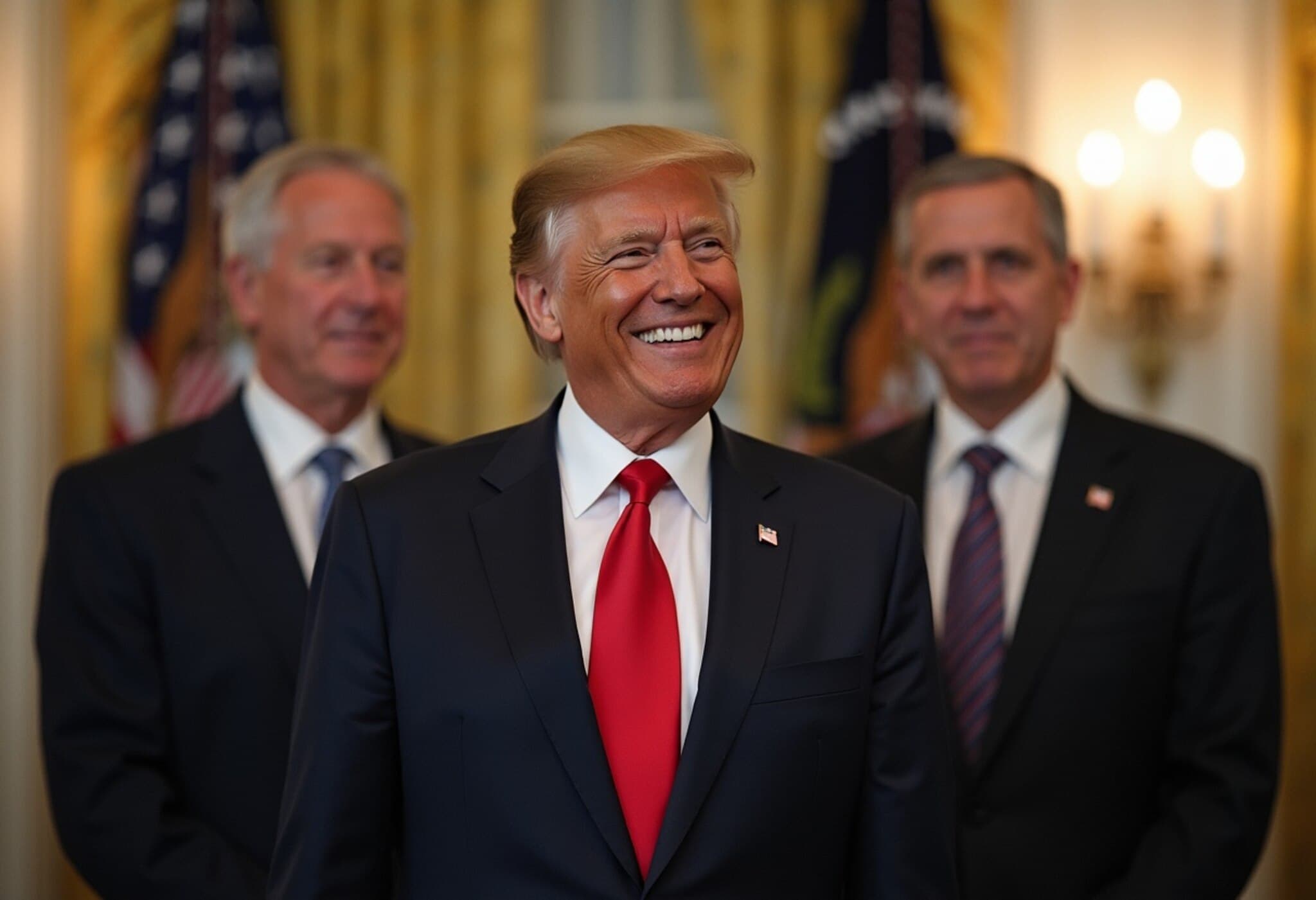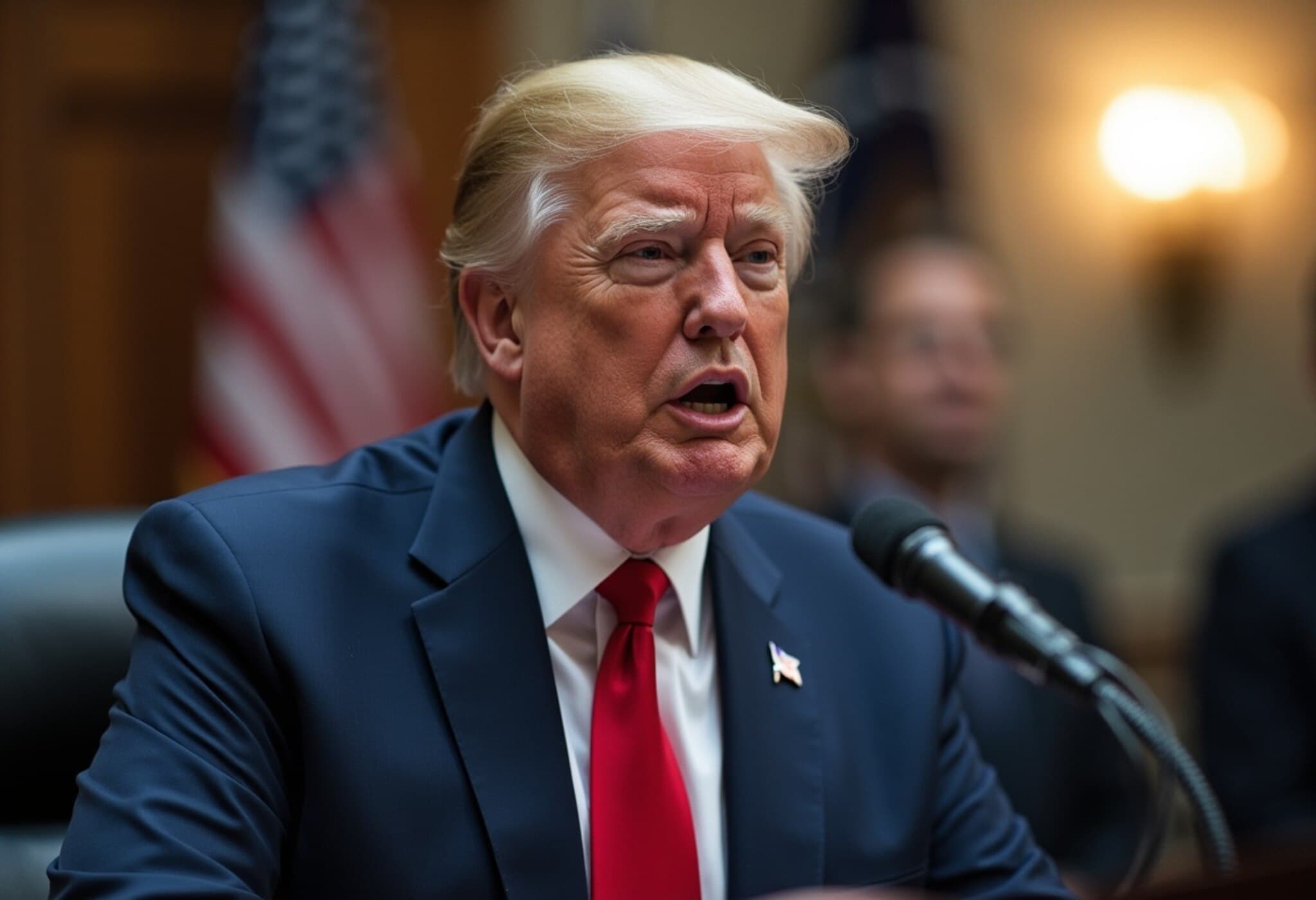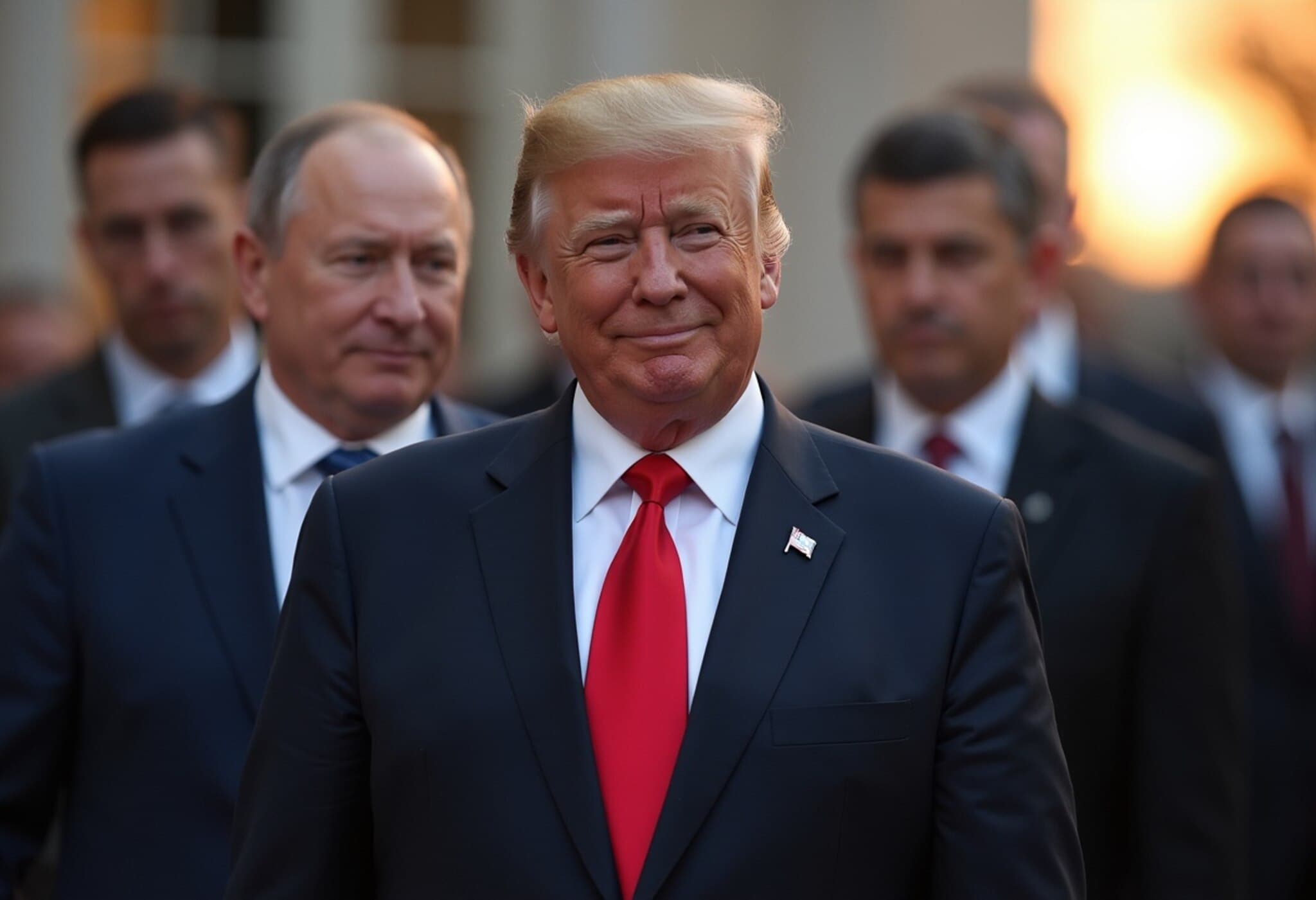Legal Battle Erupts Over Military Use in Civil Unrest Amid Immigration Crackdown
In a highly charged legal confrontation, California’s state government has accused the Trump administration of unlawfully deploying thousands of military personnel in Los Angeles to suppress protests sparked by aggressive immigration raids. The case, unfolding before U.S. District Judge Charles Breyer in San Francisco, is testing the limits of presidential authority to involve the military in civilian law enforcement, a topic that resonates deeply with America’s constitutional traditions and civil liberties.
Background: Troop Deployment Amidst Immigration-Related Unrest
In June 2025, President Trump ordered the deployment of 4,000 National Guard troops and 700 Marines to Los Angeles, aiming to quell days of unrest following mass immigration enforcement operations by U.S. Immigration and Customs Enforcement (ICE). The state's response was swift; California Governor Gavin Newsom condemned the action, labeling it a breach of laws designed to prevent military involvement in civilian policing.
California’s Argument: A Show of Military Force to Silence Dissent
Represented by Meghan Strong from the California Attorney General’s Office, the state argued before the court that the federal government’s action violated the Posse Comitatus Act (PCA), a pivotal statute dating back to the 19th century intended to restrict the military's role in domestic law enforcement.
“The government wanted a show of military force so great that any opposition to their agenda was silenced,” Strong asserted, highlighting concerns that this move was less about public safety and more about intimidating dissenters.
Governor Newsom publicly expressed alarm about the precedent such militarization could set, emphasizing that the deployment mirrored strategies more commonly associated with authoritarian regimes rather than democratic governance.
Federal Defense: Addressing Claims of Violence in LA
The Department of Justice pushed back, with attorney Eric Hamilton framing the military presence as a necessary response to significant civil unrest. He argued that National Guard and Marine forces were deployed strictly to protect federal personnel and property, pointing to the violence that escalated during the protests. Hamilton maintained that President Trump acted within his authority given the circumstances and the need to restore order.
Judicial Scrutiny: Questioning the Scope of Presidential Powers
Judge Breyer’s questioning during the hearings offered a rare glimpse into judicial skepticism on the executive’s unilateral power to declare and respond to a civil “rebellion.” The judge queried, “Is it a ‘rebellion’ because the president says it is a ‘rebellion’?”—a pivotal question that strikes at the heart of constitutional checks and balances.
This issue is more than a legal nuance. It touches on fundamental U.S. tenets about limiting the military’s role in civilian affairs—a guardrail aimed at preventing military overreach and protecting democratic freedoms.
Why This Case Matters: Beyond Los Angeles
- Legal Precedent: The outcome may redefine presidential latitude over military deployment in domestic matters.
- Civil Rights Implications: Military presence at protests raises concerns about escalation and the suppression of constitutional rights to assembly and speech.
- Public Trust and Governance: The case highlights tensions between federal agencies and state governments, underscoring the delicate balance of power in the U.S. federal system.
Regional and National Perspectives
From the West Coast to the heartland, this confrontation is emblematic of broader national debates around immigration enforcement, the militarization of law enforcement, and the evolving interpretation of executive authority. For California, a state often at the vanguard of civil liberties defense, this trial represents a critical moment to uphold legal and ethical standards separating military and civilian roles.
Editor's Note
This landmark trial underscores the enduring tension between enforcing the law and preserving democratic norms. As debates rage over immigration policies and protest rights, the court's decision will clarify boundaries on military involvement in domestic affairs and potentially set a precedent for future administrations. Readers should consider how these legal battles reflect larger questions about the balance of power, constitutional safeguards, and the role of military force in civil society.

